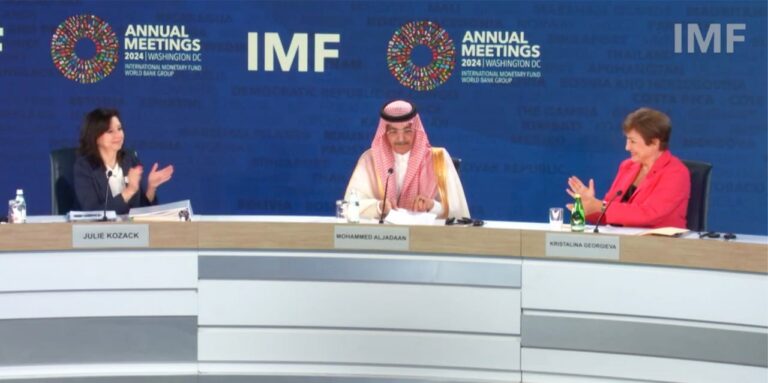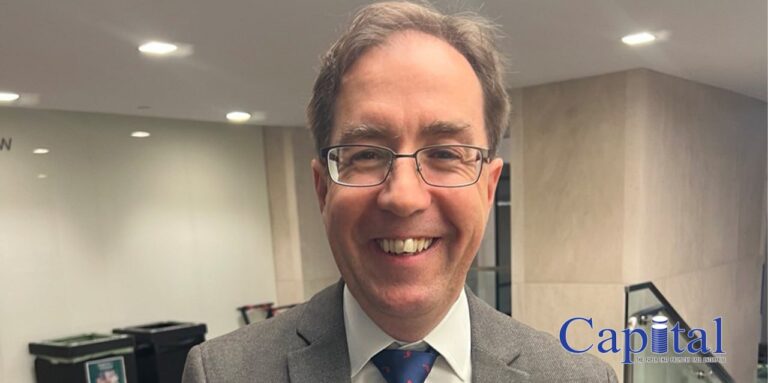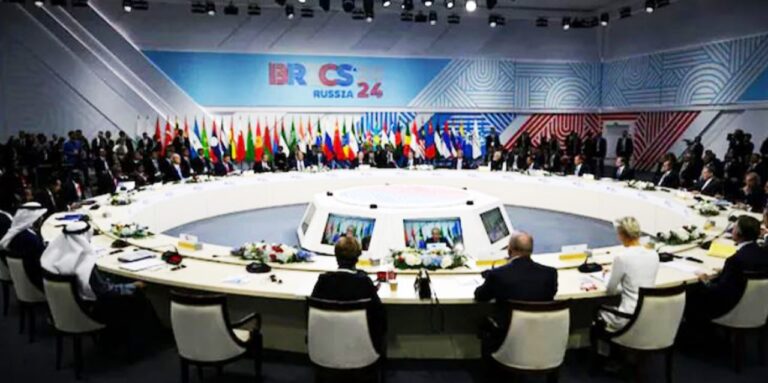Ethiopia faces significant challenges in expanding internet access, with a recent GSMA report highlighting that only 43.5 million of the country’s estimated 127 million residents are online. This means that approximately 83.5 million people, or 65 percent of the population, lack access to the internet, limiting their participation in the digital economy.

The report indicates that while 3G mobile network data accounts for 98% of usage and 4G services are utilized by 33% of users, the country still has a long way to go in terms of connectivity. Ethio Telecom has also begun deploying 5G services, currently operational at 145 sites across five cities. However, the overall digital economy remains weak among institutions, with only 34% of internet connectivity organizations actively engaged in providing services. Of these, a significant majority—80%—are large organizations, while only 23% are small enterprises.
The agricultural sector shows the lowest level of internet connectivity, with only 13% of organizations having access. In contrast, 40% of manufacturing enterprises and 34% of service sector businesses are connected to the internet. This disparity highlights the need for targeted interventions to enhance connectivity across various sectors.
The Digital Ethiopia 2025 plan aims to address these issues by increasing the distribution of 3G networks by 50% and expanding 4G network coverage eightfold as part of ongoing telecommunications reforms. However, without significant policy reforms, the number of mobile internet users is projected to rise modestly to 62.1 million by 2023. Conversely, implementing effective policy changes could potentially increase this number to 73.4 million, providing an additional 30 million Ethiopians with internet access.
To overcome these challenges and enhance internet connectivity, several key policy recommendations have been outlined such as complete telecommunications reform, incentivize industry development, affordable licensing fees, and fair taxation on mobile money services.
As Ethiopia continues to navigate its digital transformation journey, these policy recommendations are crucial for unlocking the full potential of the digital economy. By enhancing internet access and connectivity, Ethiopia can drive economic growth, improve living standards, and foster inclusive development across all sectors of society.






